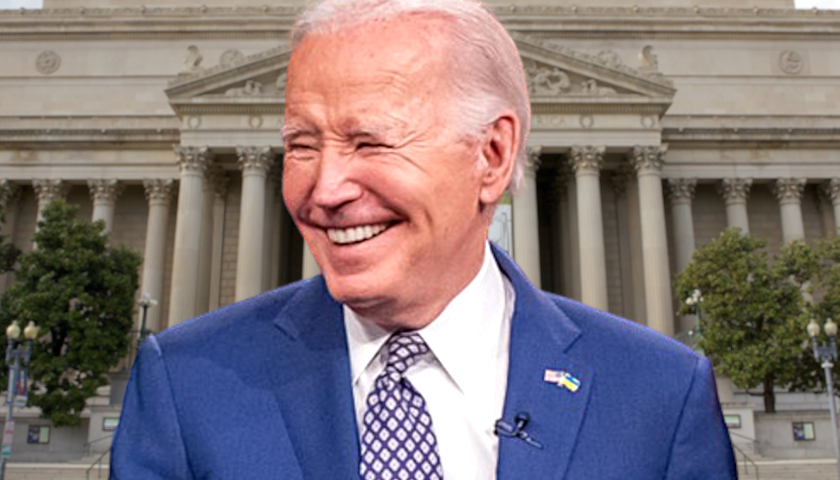With so much attention on Ohio’s race for governor, and about half a dozen seats for the U.S. Senate and House up for grabs, there is one office that might easily be overlooked by voters.
As The Ohio Star has previously reported, both candidates for this crucial office are 39-year-old state lawmakers who have termed out of their offices, but the similarities end there.
State Sen. Frank LaRose (R-Hudson) is a U.S. combat veteran with a traditional view of Ohio’s secretary of state. He sees this office as responsible for maintaining the integrity of the voting process, along with overseeing the licensing of businesses.
But Democratic lawyer Kathleen Clyde is on the record saying that she believes she can influence elections and roll back the political gains made by Republicans on issues such as abortion.
Clyde, in an interview with ReWire News, said she believes the electoral system under which President Donald Trump won Ohio by 8 points was “rigged” by Republicans and must be “cleaned up” before Trump runs for reelection in 2020.
This despite an October 2016 article in the Columbus Dispatch that cited Democrats and Republicans alike, including an Ohio State University professor, who said “rigging” an election in Ohio would be virtually impossible, thanks largely to the system put in place by the current secretary of state, Republican Jon Husted.
As a member of the Ohio State House, Clyde introduced the TRUMP Act in February 2017 in an effort to force President Trump to release his tax returns or risk not being on the ballot in 2020.
“It is a very powerful and important position, impacting the presidential election because of our importance as a battleground state and the redistricting process. It matters who runs the elections in this critical state,” Clyde said.
The TRUMP Act stands for “Tax Returns Uniformly Made Public,” and would require all candidates running for president and vice president to release five years of tax returns before they are allowed on the ballot in Ohio.
Clyde’s opponent is an Army veteran and former Green Beret who served tours of combat duty in Iraq, Kosovo, and in the counter-narcotics task force on the U.S.-Mexico border.
A Baldwin-Wallace University poll earlier this month showed the race as a toss up, with LaRose and Clyde deadlocked at 32.6 percent. A Libertarian candidate, Dustin Hanna, polled 7.2 percent, and almost one-third of voters remained undecided.
The fact that impacting the election is on Clyde’s mind “should give every Ohioan great cause for concern,” LaRose told PJ Media. “Let me be clear. The secretary of state does not get to impact Ohio’s election, the voters do.”
LaRose added that if he’s elected to be Ohio’s next chief elections officer, he “will run fair elections, assuring that the voices of Ohioans are heard.”
The idea for the TRUMP Act bill was not original to Clyde. The movement started in late 2016, right after Trump was elected president, with TRUMP Act initiatives popping up in Maine, California, New York, and Massachusetts.
TRUMP Act bills have since been introduced in at least 25 states, including Ohio, where it was soundly rejected by the Republican-controlled legislature.
– – –
Anthony Accardi is a writer and reporter for The Ohio Star.





